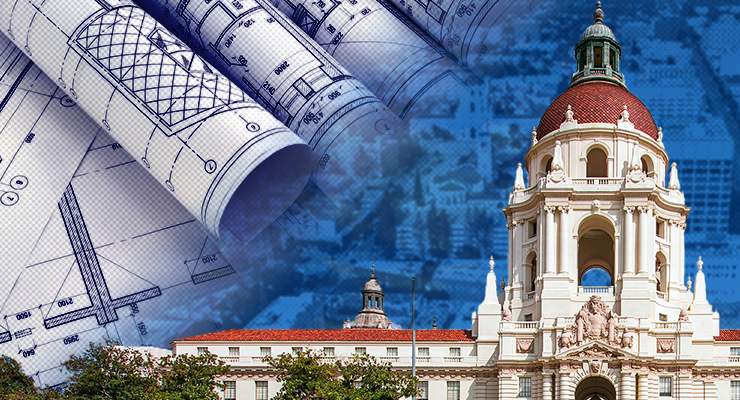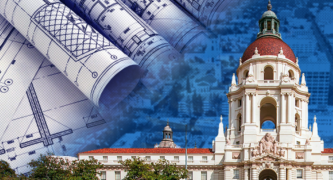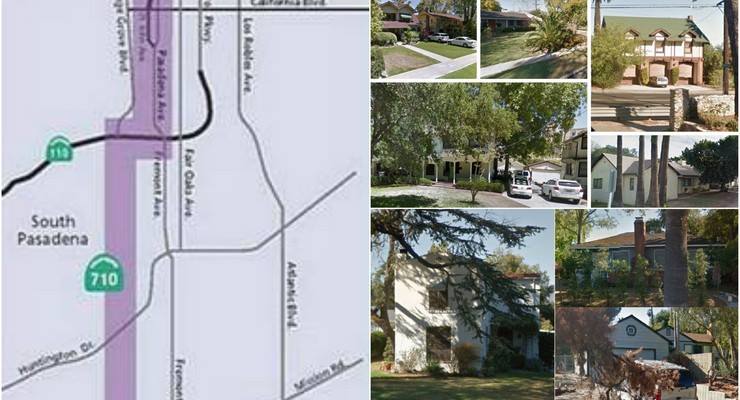
Pasadena Economic Development and Technology Committee members voiced support for proposed Zoning Code Amendments aimed at attracting more life sciences facilities to the city. The amendments were presented by the city’s Economic Development Division on Tuesday.
Economic Development Director David Klug said that while existing incentives such as construction tax rebates and Pasadena Water and Power rebates are in place, they are not sufficient.
“That’s not quite enough,” Klug said at the meeting.
Councilmember Steve Madison praised the work of the staff, calling it “great work” and “exactly what we should be doing in Pasadena.”
Committee Chair and Councilmember Tyron Hampton expressed excitement about the opportunities the life sciences industry could bring to Pasadena residents.
“It’s an amazing industry,” Hampton said. “There are jobs at every level of this industry and if this industry is interested in coming to Pasadena, we want them to be here.”
Hampton also spoke about the potential economic benefits of attracting new life sciences facilities to the city.
“It would create a great economic opportunity for our city, job growth and also [provide] people living here a career so they can continue to live in this beautiful city,” he said.
The proposed amendments include simplifying the definition of research and development, increasing the allowable rooftop area for equipment, reducing open space requirements, allowing additional building height, and reducing minimum parking requirements. The division also proposed examining the conversion of office space to life science use in an upcoming adaptive reuse ordinance being developed by the Planning and Community Development Department.
“We’re ready to partner with the Economic Development on the changes we need to make,” said Planning and Community Development Department Director Jennifer Paige in response to the proposal of the Economic Development Division.
The proposals were raised in response to the Committee’s February 21 at which stakeholders provided recommendations to encourage more life science businesses to stay in the city.
The stakeholders at the meeting requested that the city provide additional tax incentives, include life science zoning best practices in some general plans, modernize hazardous materials reporting and build affordable housing and transit connections to life science campuses, among other incentives.


















